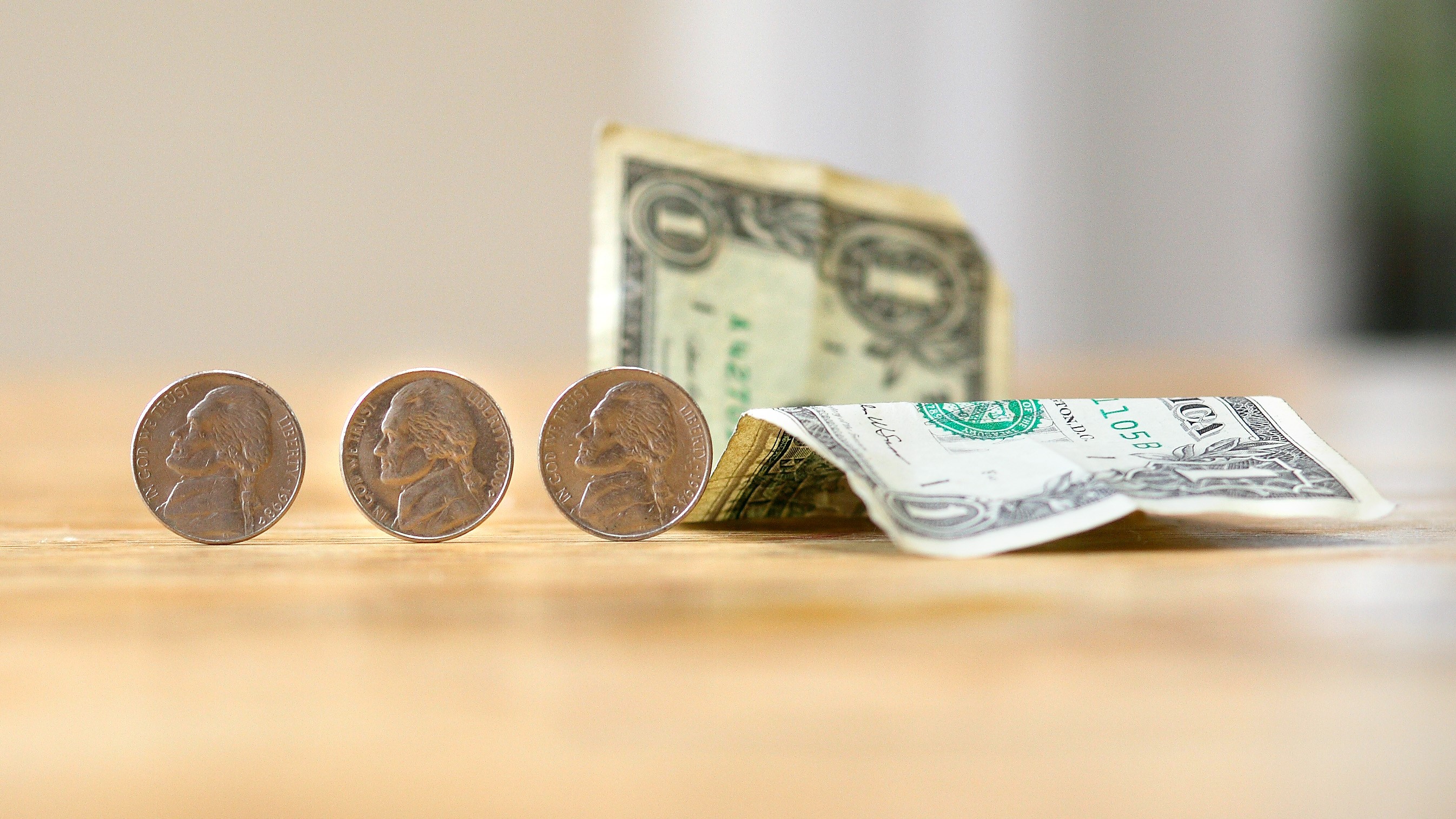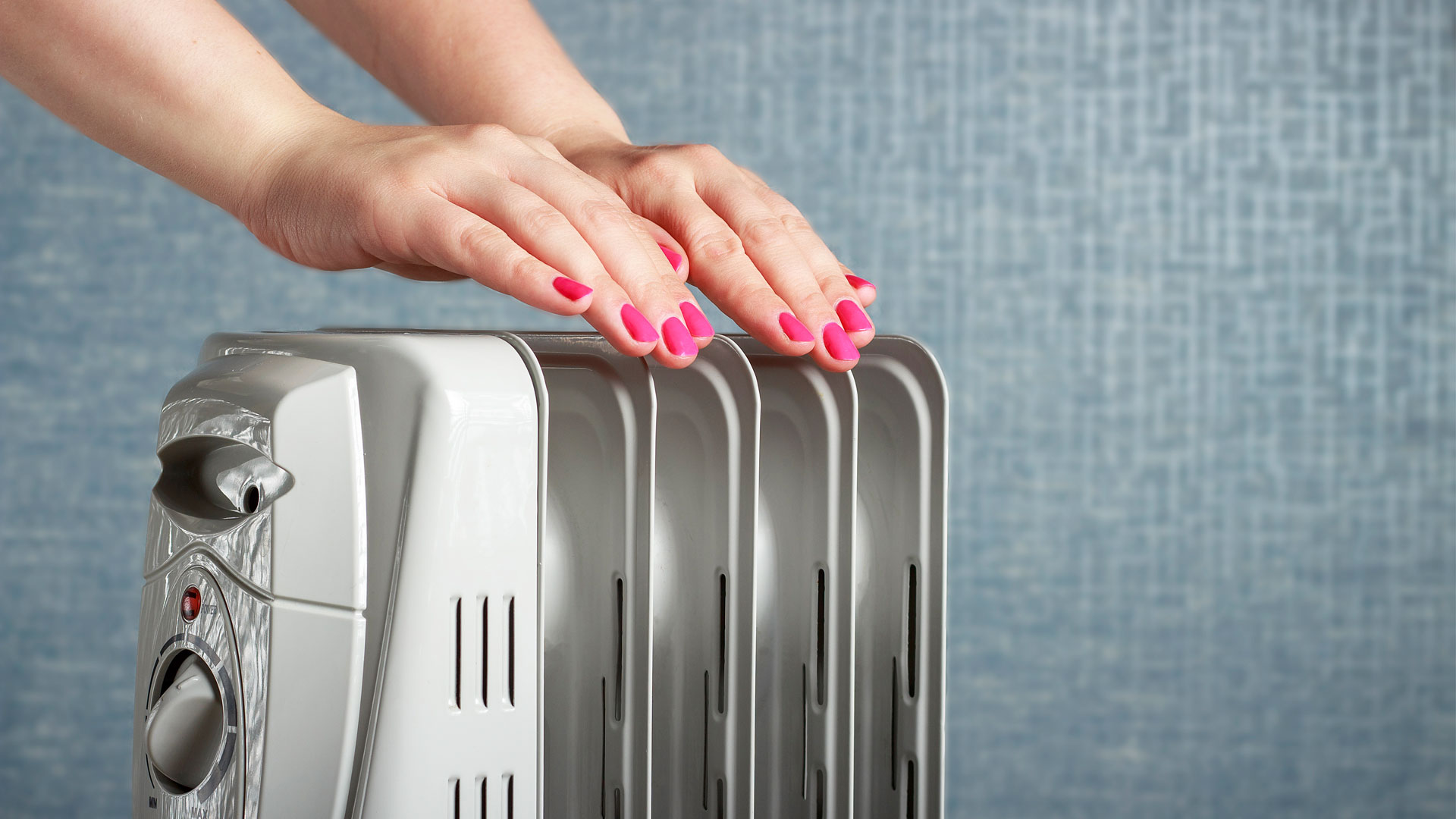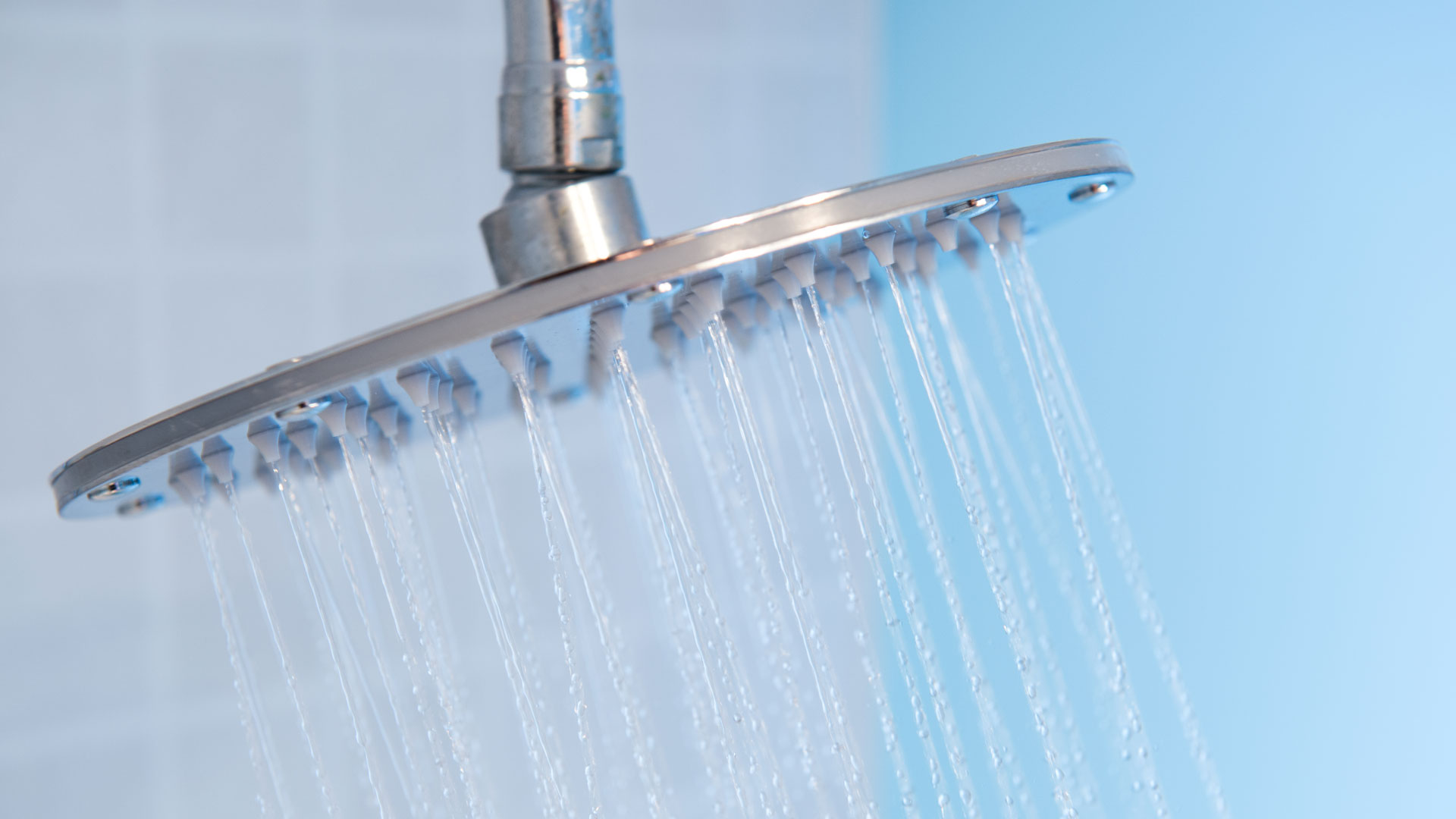How to save on your electric bill
Below are some tips to help you learn how to save on your electric bill, and make your home more environmentally friendly too.

Sign up to receive the latest news, reviews, buying guides and deals direct to your inbox
You are now subscribed
Your newsletter sign-up was successful
Everyone wants to know how to save on electric bills. Let’s face it – electric bills aren’t cheap. According to the U.S. Energy Information Administration, Americans spent almost $1,400 on electricity in 2019, and given that 2020 saw people spend far more time at home than usual in pandemic-induced quarantines, their bills could be even higher. If you’re starting to feel the pinch – or if you’re simply looking for a way to cut your expenses and save some cash – you’re going to want to know how to save on your electric bill. We’ve got a few ideas to help you do that.
Get in control of your heating
Heating costs make up a substantial proportion of your energy bill, so it makes sense to start there: getting in control of your thermostat is key. You’ll want to lower the temperature when you’re not in the house, or at night when you can layer up; if you program the thermostat accordingly, you don’t have to worry about forgetting and heating the house unnecessarily, which is a sure-fire way to waste money. Indeed, the US Department of Energy estimates that you could save 1% on your energy bill for each eight-hour period that you lower the thermostat by one degree, so it could pay off.
Why not make things easy with a smart thermostat? The best programmable thermostats on the market can connect to your WiFi and be controlled via an app, leaving you free to change your home’s temperature settings on the go. Some thermostats turn the heating off when the desired temperature has been reached and others can even track the weather forecast and your energy usage, giving you insights into how you can save money on your energy bills.

Cool down effectively
Similar rules apply when it comes to using the air conditioning system – namely, don’t have it running when no one’s around to appreciate it. This means turning it off while you’re out of the house or when you’re sleeping (assuming you can sleep without its cooling effects), or even adjusting the temperature setting. Here, raising the desired temperature by a single degree can save between 4% and 8% on cooling costs.
Make sure to keep up with the maintenance of your air conditioning system, too. This means you should regularly clean (or replace) the filters: doing so prevents dirt and debris from clogging up the system and improves its efficiency, which in turn can lower its energy consumption. Take time to consider the right air conditioning system for your needs, too. Will a window air conditioner work for your home, maybe a ductless air conditioner, or perhaps you’re in the market for the best central air conditioning units for an efficient way to cool your whole house? The option you pick can make all the difference to your energy consumption, and always make sure it’s got a suitable SEER rating for optimum energy efficiency.
Alternatively, why not consider one of these best ceiling fans, either as an additional cooling system or to eliminate the need for air conditioning altogether? It may not be suitable in the warmest of climates, but for many, it could cool your home sufficiently without the extra cost.
Light your way
We all know that turning the lights off when you leave a room is one of the easiest ways to reduce your energy consumption, but why not go one step further? Consider swapping your lightbulbs for LED or energy-efficient versions – LED bulbs typically use at least 75% less energy than incandescent versions (find out more about how LED lightbulbs work) – and installing dimmer switches. You could even install motion detectors, which will ensure that lights are switched off automatically when no one’s in the room.
Sign up to receive the latest news, reviews, buying guides and deals direct to your inbox

Upgrade your appliances
If it’s time to upgrade your appliances, you’ll need to consider more than the cost alone – these days, the energy efficiency rating is key. Older appliances typically consume far more energy than their newer counterparts; if you make sure to look for those that have been Energy Star-certified you could easily lower your energy consumption and your bills in the process.
Be water-conscious
Thinking about how you use and heat water can also make a difference. Not only can opting for one of the best water heaters have an impact on your bills, particularly if you make sure you’re getting an energy-efficient one, but adjusting the temperature down by a few degrees can help, too. Similarly, you should consider turning it to the lowest setting if you’re going on vacation, so as to reduce energy costs as much as possible.
Be just as thoughtful when you’re using appliances. This means washing your clothes on a cold cycle rather than hot to cut energy use, and if you’ve got a washer-dryer, consider saving the drying cycle for larger items and line-dry the rest. When it comes to washing your dishes, remember that the best dishwashers can actually use less water per load than washing them by hand – particularly if you load it effectively – and consider turning off the heat-dry setting and letting your dishes air-dry instead for maximum energy efficiency.

Shop around
Depending on where you live, one of the simplest ways to save on your electric bill could be to find the right energy supplier. You’ll want to compare prices between several different companies because much like with all other purchases, shopping around is key. Make sure to consider the kind of plan they offer, whether they offer fixed or variable rates and their eco-credentials, and don’t be afraid to switch if you find a better deal.
Every little bit helps
Don’t forget the smaller tweaks, either. This means checking seals on windows, doors, and appliances to make sure that cold air is staying where it should and that warm air isn’t escaping, and in a similar vein, check the ductwork of your heating, air conditioning, and ventilation systems and repair any leaks to improve efficiency.
Then there are tips like turning off appliances when not in use – not just leaving them on standby – and even running the dishwasher and washer-dryer overnight rather than during peak hours. Having an efficient, well-insulated home can transform your energy consumption and can ensure you’re not spending over the odds; read more about how to make your home more energy-efficient and see if you can notice the difference in your bills.
Leanne has been writing professionally for well over a decade, with the majority of that time spent at a financial publishing company where she wrote countless articles across the personal finance space. Now freelancing, she still predominantly writes about finance, with bylines in both national and trade publications. In her spare time Leanne likes to read, catch up on Netflix and sleep, though her toddler rarely allows such things.

